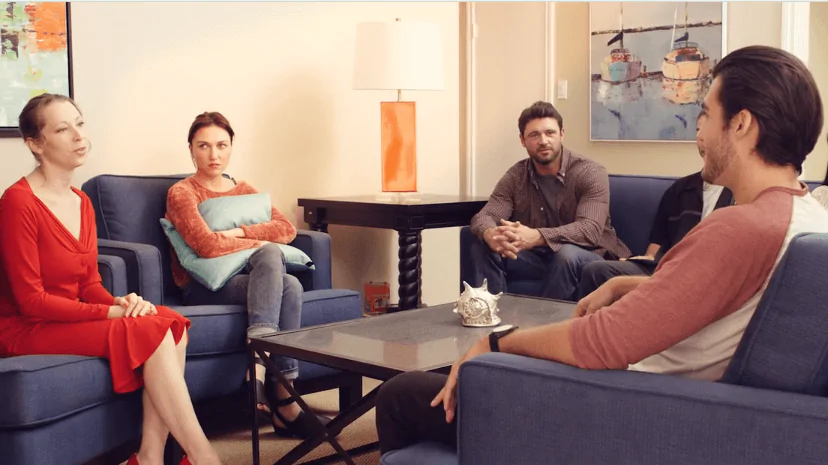24/7 Helpline:
(866) 899-221924/7 Helpline:
(866) 899-2219
Learn more about OCD Treatment centers in Miller County
OCD Treatment in Other Counties

Other Insurance Options

MVP Healthcare

Ambetter

MHNNet Behavioral Health

Aetna

Meritain

Molina Healthcare

Private insurance

WellCare Health Plans

Magellan

Group Health Incorporated

Kaiser Permanente

BlueShield

Holman Group

Optum

CareSource

Sliding scale payment assistance

BHS | Behavioral Health Systems

Horizon Healthcare Service

Providence

Amerigroup

South Arkansas Youth Services – SAYS
South Arkansas Youth Services – SAYS is a private rehab located in Texarkana, Arkansas. South Arkans...

Riverview Behavioral Health Hospital
Riverview Behavioral Health (RBH) is a dual diagnosis addiction treatment center in Texarkana, Arkan...

Southwest Arkansas River Ridge Treatment Center
Southwest Arkansas River Ridge Treatment Center is a private rehab located in Texarkana, Arkansas. S...

Arkansas Treatment Services
Arkansas Treatment Services is a drug and alcohol rehab in Texarkana, Arkansas. They provide outpati...

Southwest Arkansas Counseling and Mental Health Center
Southwest Arkansas Counseling and Mental Health Center is a drug and alcohol rehab in Texarkana, Ark...

Summerhill Counseling Center
Summerhill Counseling Center is a private rehab located in Texarkana, Texas. Summerhill Counseling C...




































Southwest Arkansas Counseling and Mental Health Center – North state Line Avenue
Southwest Arkansas Counseling and Mental Health Center offers inpatient treatment for individuals wi...

Preferred Family Healthcare
Preferred Family Healthcare - Jefferson Avenue offers outpatient services for individuals with a men...

Firelands Counseling and Recovery Services
Firelands Counseling and Recovery Services provides a full spectrum of mental health and substance a...

Hazel Street Recovery Center
Hazel Street Recovery Center is a private rehab located in Texarkana, Texas. Hazel Street Recovery C...

























































